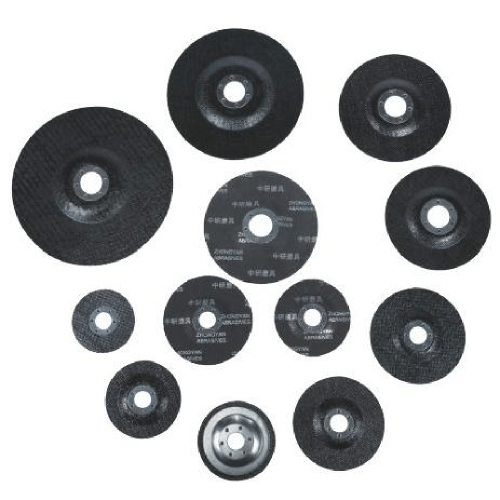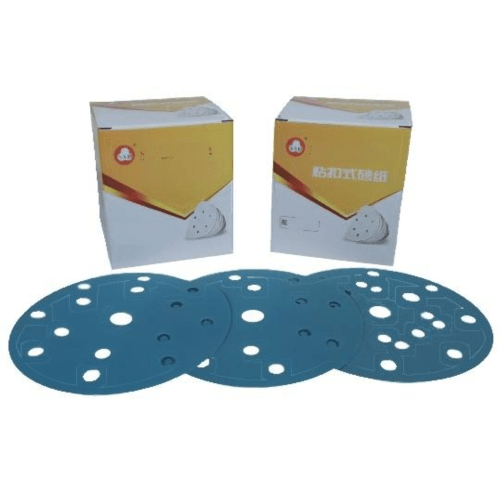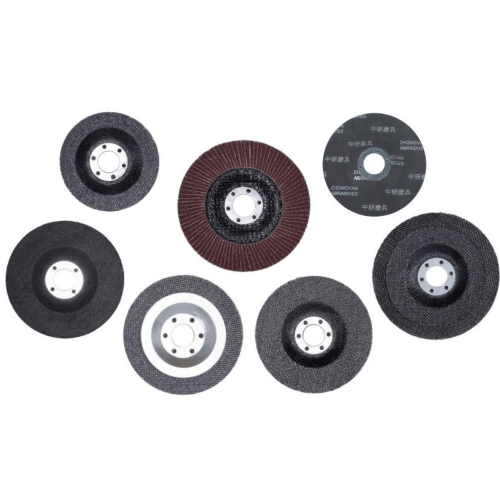wheel recycling
Wheel recycling represents a crucial environmental initiative in the automotive industry, transforming end-of-life wheels into valuable resources. This comprehensive process involves collecting, sorting, and processing various types of wheels, including those made from aluminum, steel, and alloy materials. The technology employs advanced separation techniques, utilizing specialized machinery to break down wheels into their constituent materials. The process begins with inspection and sorting, followed by mechanical separation of tires from rims. The metal components undergo shredding, magnetic separation, and refinement processes to produce high-quality recyclable materials. Modern wheel recycling facilities incorporate automated systems for efficient material handling and quality control. These facilities can process thousands of wheels daily, significantly reducing landfill waste and conserving natural resources. The recycled materials find applications across multiple industries, from automotive manufacturing to construction and infrastructure development. The process also includes sophisticated cleaning and decontamination stages to ensure the recovered materials meet industry standards for reuse.


